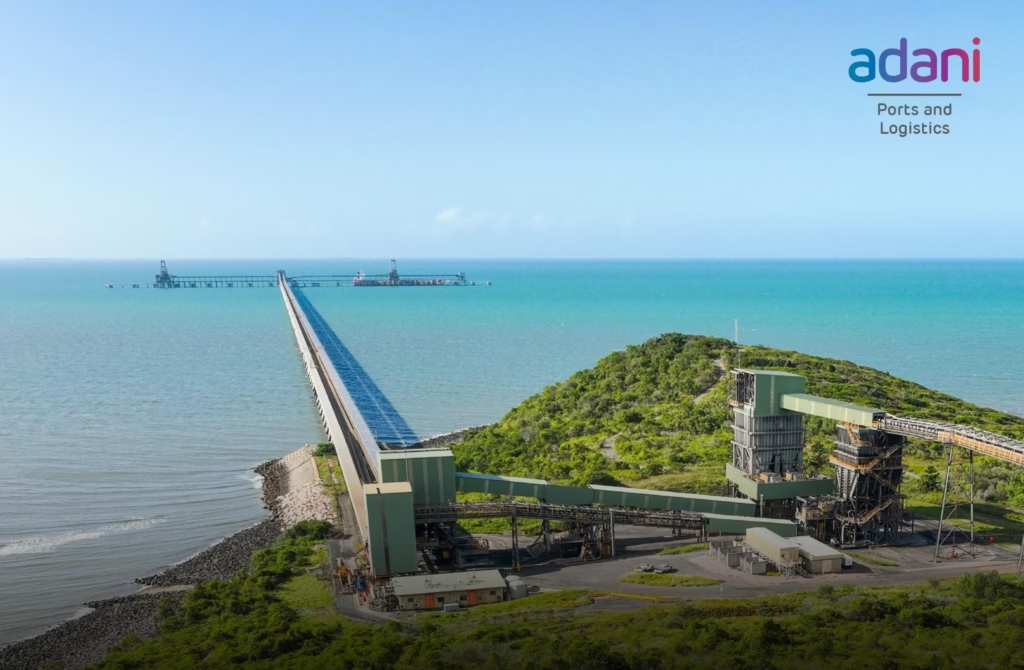As Middle East tensions explode, Gautam Adani’s Israel ventures face a test far beyond the markets — one that could redefine the boundaries of global risk.
By WCRCLEADERS Global Desk
June 15, 2025
- As Middle East tensions explode, Gautam Adani’s Israel ventures face a test far beyond the markets — one that could redefine the boundaries of global risk.
- A Port at the Epicenter of Risk
- Drones, Chips, and Diplomacy
- Investor Jitters and Financial Aftershocks
- Unanswered Questions at a Critical Crossroads
- A Moment of Reckoning
- Strategy or Overreach?
Did Adani’s Bold Bet on Israel Just Become Its Achilles’ Heel?
Over the past two years, the Adani Group has strategically built a multibillion-dollar presence in Israel’s Haifa Port—an asset aimed at transforming India-Israel trade routes and signaling the group’s global reach. But today, that once-celebrated acquisition is under siege. As regional hostilities between Israel and Iran intensify, Adani’s bet on Haifa has turned from visionary to vulnerable.
What was once a geopolitical asset now teeters on becoming a geopolitical liability.

A Port at the Epicenter of Risk
Haifa may represent a small percentage of Adani Ports’ total cargo volume, but symbolically, it is massive. Acquiring one of Israel’s key shipping hubs was a power move, placing the Adani brand at the heart of Middle East commerce. Now, with missile threats, drone alerts, and regional instability mounting, Haifa has become a high-risk zone.
The implications are global, and the impact is immediate.
Drones, Chips, and Diplomacy
Beyond shipping, Adani’s Israel footprint includes a joint venture with a major defense tech firm to manufacture advanced drones from India—many of which are now being deployed in live combat scenarios. Meanwhile, a proposed multibillion-dollar semiconductor plant in partnership with another Israeli company is reportedly on indefinite hold.
These aren’t just business ventures—they’re geopolitical chess pieces.
As global attention converges on every diplomatic move between Jerusalem, Tehran, and Washington, Adani’s operations in Israel have been swept into a vortex of international uncertainty. And this could mark the beginning of a broader reputational risk for the conglomerate.
Investor Jitters and Financial Aftershocks
Markets have responded. Shares of Adani Ports have dipped, and other Indian firms with exposure to Israel are experiencing volatility. For institutional investors, the Israel connection—once seen as a global diversification play—is now being reevaluated through the lens of conflict.
This isn’t just about the numbers on a balance sheet. It’s about risk—measured not just in margins, but in missiles.
Unanswered Questions at a Critical Crossroads
- Can Adani maintain operations at Haifa if tensions escalate further?
- Will the drone manufacturing venture trigger reputational backlash in a neutral or non-aligned India?
- Is the semiconductor plant delayed, or effectively abandoned?
- How will the conglomerate reposition if Israel becomes an unstable node in its portfolio?
These aren’t merely hypothetical. These are the questions boardrooms and investors are already asking.
A Moment of Reckoning
Adani’s Israel foray was once a story of vision—of connecting economies, bridging cultures, and riding the wave of India’s expanding global influence. Now, it’s a cautionary tale in real-time. In a world where the distance between commerce and conflict is shrinking, global conglomerates must navigate not just markets, but war zones.
What happens next will reveal whether Adani’s global ambitions are built on adaptable resilience—or stretched too thin across volatile borders.
Strategy or Overreach?
In the modern business era, the frontier of opportunity often runs parallel to the frontlines of conflict. For Adani, the gamble in Israel may yet yield strategic returns. Or it may stand as a case study in overreach—a moment when ambition outran stability.
The coming weeks will decide whether this is a stumble… or the start of a more serious reckoning.









